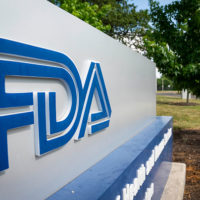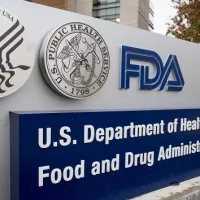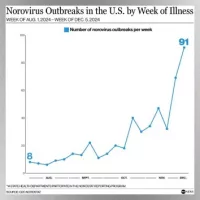
(WASHINGTON) — In a major effort to improve breast cancer prevention, the FDA will now require mammogram facilities to inform women if they have dense breast tissue.
About half of women have dense breast tissue, and many don’t know it. Doctors say having dense breast tissue does not pose an immediate threat to health, but it does increase breast cancer risk.
“Dense breast tissue is a common finding on mammograms, especially in younger women,” said Dr. Hal Burstein, a breast oncologist at Dana-Farber Cancer Institute.
“It does not mean that a woman has breast cancer,” Burstein said. “It means she might be at slightly greater risk of breast cancer, and that the mammogram is slightly less helpful for early detection.”
Medical guidelines suggest most women should start getting regular mammograms starting at age 50, or even earlier depending on additional risk factors. Now, with this new FDA rule, mammogram facilities will be required to inform women if their results showed they have dense breast tissue.
Previously, more than half of states had this requirement, according to the FDA’s Chief Medical Officer Dr. Hilary Marston. Now, it will be a nationwide requirement, and facilities have 18 months to comply.
“The FDA wants all women to have access to this information,” Burstein said.
Armed with the right information, women with dense breast tissue may be able to talk to their doctor about whether or not they need to take additional steps to make sure breast cancer isn’t missed — such as more frequent screenings or additional imaging, like an ultrasound or MRI, Marston said.
About one in every eight women in the U.S. will be diagnosed with breast cancer in her lifetime.
“It has been known for a long time that [dense breast tissue] makes it more difficult to see a cancer on a mammogram when it exists,” Marston told ABC News. “What’s evolved more recently in the science is an understanding that having dense breast tissue in and of itself is an independent risk factor for breast cancer.”
“The other important thing to know here is that you can’t tell just from the feel of your breasts, whether your breasts are dense or not. This is really a finding that is seen on mammography,” Marston said.
Marston said she hopes the FDA’s new rule encourages more women to seek mammograms they may have missed or delayed during the COVID-19 pandemic.
“It is so important at this point that women really go out, schedule your mammogram, get it done,” Marston said. “Find a local facility — and you can be assured that that local facility will provide a quality product.”
Copyright © 2023, ABC Audio. All rights reserved.















